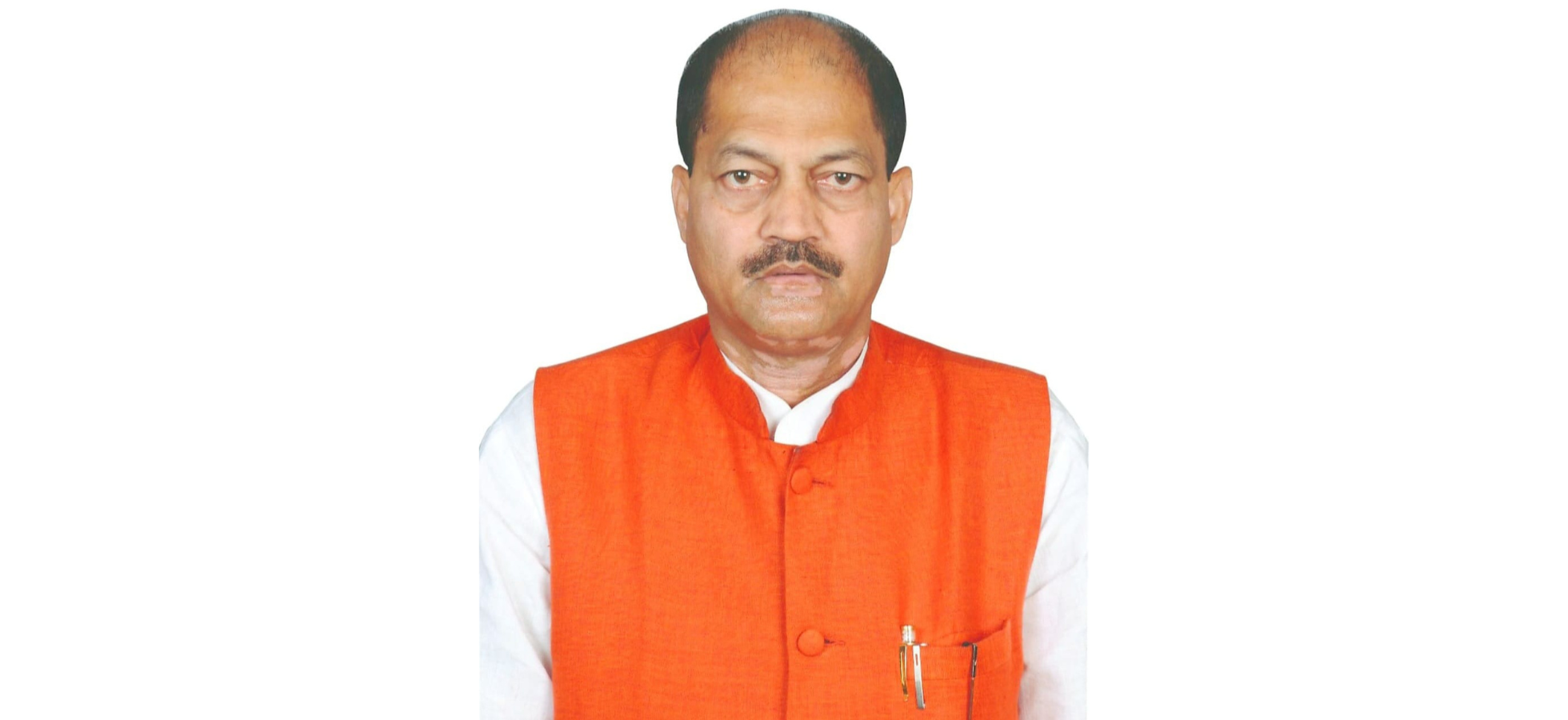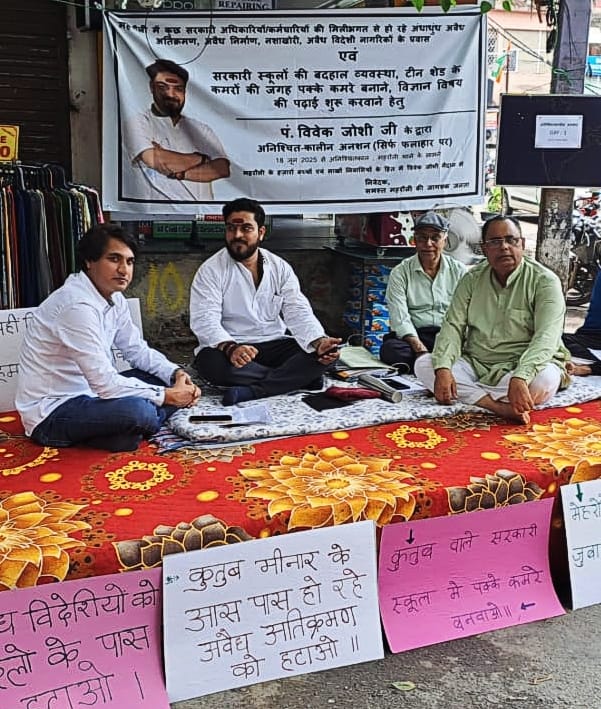Irfan Ahmed’s Appeal: ‘One Nation, One Election’ Will Strengthen Indian Democracy

New Delhi:
Describing the concept of “One Nation, One Election” as revolutionary for Indian democracy and development, Mohammad Irfan Ahmed, the National Chief Patron of the Pasmanda Muslim Samaj Utthan Samiti Sangh, has made a strong appeal in its support. He stated that this reform will eliminate the obstacles caused by frequent elections, promoting economic efficiency, good governance, and environmental protection.
The Need to End Electoral Deadlocks
In a press release, Irfan Ahmed said, “In the last 35 years, there hasn’t been a single year when elections were not held somewhere in the country. Frequent elections act as speed breakers for development work and welfare schemes.” According to him, adopting a simultaneous election system can put an end to these interruptions. This reform will not only increase the accountability of politicians but will also shift the electoral focus toward development issues.
Historical and Contemporary Context
This concept is not new. From 1952 to 1967, Lok Sabha and Assembly elections were held simultaneously in India. A high-level committee formed by the government sought suggestions from 62 political parties, out of which 47 responded. Among them, 32 supported simultaneous elections, while 15 opposed. Irfan emphasized this broad support and said, “This reform is the need of the hour and is in the nation’s interest.”
Economic and Environmental Benefits
Irfan Ahmed pointed out that more than ₹1.35 lakh crore were spent during the 2024 Lok Sabha elections. Had all elections been conducted together, this cost could have been reduced by 30-40%. According to a report, simultaneous elections could potentially increase GDP by 1.5%, which would amount to ₹4.5 lakh crore in 2023-24. He said, “This amount is sufficient for investment in sectors like education and health.”
From an environmental perspective, this reform is also significant. Frequent elections lead to increased air and noise pollution due to promotional materials. Irfan emphasized that simultaneous elections could considerably reduce such damage.
Administrative Efficiency and Public Convenience
Frequent elections waste the time of government machinery and the general public. Irfan stated, “Voters have to take frequent leaves to cast their votes, while the election duties of millions of government employees affect their regular work. Simultaneous elections will eliminate this inconvenience.”
Challenges and Solutions
Irfan acknowledged that implementing simultaneous elections would require large-scale resources. According to the Election Commission, 55 lakh personnel and 20-25 lakh security personnel would be required across 10.5 lakh polling stations. In addition, more than 20 lakh EVM sets would be needed. However, he expressed confidence that these challenges can be overcome with proper planning.
Global Examples
Citing countries like the United States, France, and Sweden, Irfan said that simultaneous elections have been successful globally. He remarked, “In a diverse country like India, this system is practical and essential for long-term development.”
The Way Forward
In his appeal, Irfan Ahmed said, “One Nation, One Election will enhance economic efficiency and good governance, while also empowering voters. It will curb dynastic politics and accelerate development.” His statement is a call to give Indian democracy a new direction by ending the instability caused by frequent elections and building a stronger India.
Author Profile

Latest entries
 MumbaiJune 19, 2025International Yoga Day: Sony SAB artists share how yoga helps them stay fit and sets a positive tone for the day
MumbaiJune 19, 2025International Yoga Day: Sony SAB artists share how yoga helps them stay fit and sets a positive tone for the day DelhiJune 19, 2025Raghu Vamsi Aerospace Group Debuts Indigenous Jet Engine & UAV Technologies at 55th Paris Air Show
DelhiJune 19, 2025Raghu Vamsi Aerospace Group Debuts Indigenous Jet Engine & UAV Technologies at 55th Paris Air Show LocknowJune 19, 2025Kanpur Superstars Make Smart, Impactful Moves at UP T20 League Mini Auction 2025
LocknowJune 19, 2025Kanpur Superstars Make Smart, Impactful Moves at UP T20 League Mini Auction 2025 Uttar PradeshJune 19, 2025Baghpat Witnesses Grand Inauguration of Renovated Multi-Purpose Sports Hall & Swimming Pool by Hon’ble Union Minister Shri Jayant Chaudhary
Uttar PradeshJune 19, 2025Baghpat Witnesses Grand Inauguration of Renovated Multi-Purpose Sports Hall & Swimming Pool by Hon’ble Union Minister Shri Jayant Chaudhary









